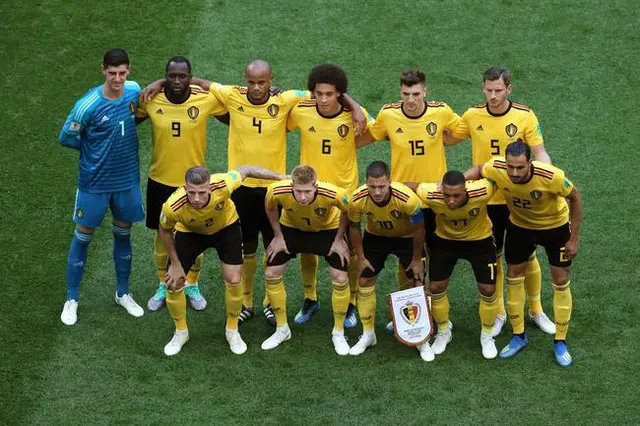A new Austrian government will shift the country to the right with members of a nationalist party in several key ministries, while conservative party head Sebastian Kurz will become Europe's youngest leader, according to details announced Saturday.
In the coalition deal reached late Friday night, the 31-year-old Kurz, head of the Austrian People's Party, will become chancellor, while right-wing Freedom Party leader Heinz-Christian Strache will be vice chancellor and minister for sports and public servants.
The Freedom Party will have another five ministers and a deputy minister, including leadership of the important Interior, Defense and Foreign Ministries, the Austria Press Association reported. In addition to the chancellor, the People's Party will have seven ministers and one deputy, with responsibilities including the Finance, Economy and Justice Ministries.
Kurz's conservative Austrian People's Party finished first in the country's Oct. 15 election. It then embarked on coalition talks with the right-wing Freedom Party.
Austrian President Alexander Van der Bellen said after presented with the coalition agreement and minister choices that he saw no issues preventing the new government from being sworn in next week, and both parties leaderships then signed off as well, APA reported.
Kurz is foreign minister in the outgoing government under Chancellor Christian Kern, a center-left Social Democrat. He has stressed the importance of a pro-European direction and is expected to continue to take the lead on European issues even though the Freedom Party, which has traditionally been strongly euroskeptic, will have the Foreign Ministry.
Following meetings with Kurz and Strache, Van der Bellen said he'd been assured a "pro-European" focus was central to that of the new government.
"In these talks among other things we agreed it is in the national interest of Austria to remain at the center of a strong European Union and to actively participate in the future development of the European Union," he said.
Further details of the coalition agreement were to be announced later, but both parties campaigned on the need for tougher immigration controls, quick deportations of asylum-seekers whose requests are denied and a crackdown on radical Islam.
(ABC)
 简体中文
简体中文



